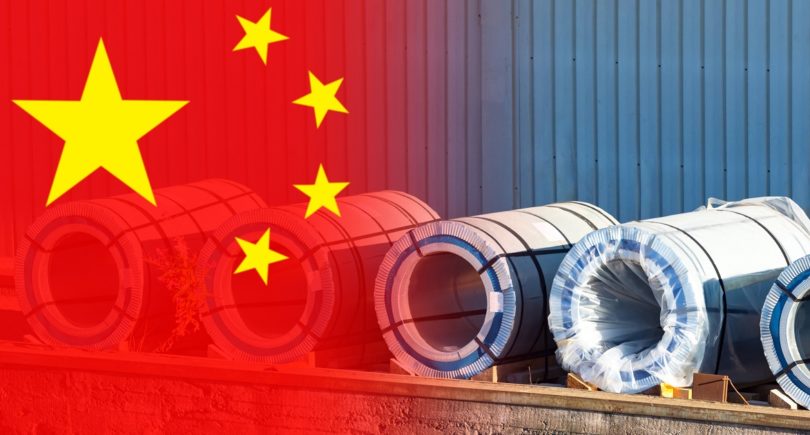
News Global Market US 4830 21 February 2024
The American side notes the growth of steel and aluminum exports from this country
After a year of negotiations, the US government has warned the Mexican government to take urgent measures to counter the growth of steel and aluminum exports from Mexico to the United States. This is reported by SteelOrbis.
The American side also recalled that the joint declaration on Section 232 tariffs signed by the two countries in 2019 allows the United States to reimpose them if necessary.
Last week, U.S. Trade Representative Katherine Tai held a virtual meeting with Mexican Minister of Economy Raquel Buenrostro to discuss common problems in steel and aluminum trade.
During the meeting, Katherine Tai emphasized that Mexico should take immediate and meaningful steps to address the growth of Mexican steel and aluminum exports to the United States and the lack of transparency regarding their steel imports from third countries.
Raquel Buenostro, in turn, stated that there is a full readiness to share information to combat the triangulation of steel and aluminum in North America. Triangulation refers to a situation where goods are delivered from the sender to the recipient through an intermediary, who invoices the end consumer. There are suggestions that triangulation of steel products in North America is possible with the participation of China, which uses Mexico as an intermediary to supply its products to the US market.
«This is a problem that affects the industry in Mexico, the United States and Canada equally,» the Ministry of Economy said in a press release.
The Mexican authorities explained the growth in steel exports to the United States by claiming that it was due to rising demand in the US market and increased production in Mexico, rather than commercial triangulation, as Washington emphasizes.
The threat comes despite the fact that last August Mexico imposed an additional 25 percent tariff on steel imports for countries with which it has no trade agreement. These are in addition to possible anti-dumping duties on countries such as China, India, Russia, South Korea, Turkey, Brazil, Iran, Ukraine, Taiwan, Vietnam, Indonesia, and Kazakhstan. This decision will be in effect until July 31, 2025.
Against the backdrop of the lack of transparency alleged by the United States, the Mexican government agency responsible for national statistics (Inegi) is a year late in publishing export data. Inegi has also recently removed information on steel and aluminum production in the country from public access.
At the same time, the National Chamber of Iron and Steel Industry (Canacero) also rejects information about Mexico’s lack of cooperation and transparency and that the country is a bridge for triangulating Chinese steel products to the United States. According to the organization, Mexico exports 2.3 million tons of finished steel products to the United States, while the United States supplies 4.1 million tons to the Mexican market. For many years, US steel accounted for 13.9% of domestic consumption in Mexico.
The US Trade Representative noted that negotiations between the two countries will continue. Mexico said that the agenda should include cooperation between anti-dumping agencies, as well as strengthening regional tracking mechanisms.
As GMK Center reported earlier, in December 2023, the United States extended the suspension of Section 232 tariffs on European steel and aluminum for another two years, until December 31, 2025.



